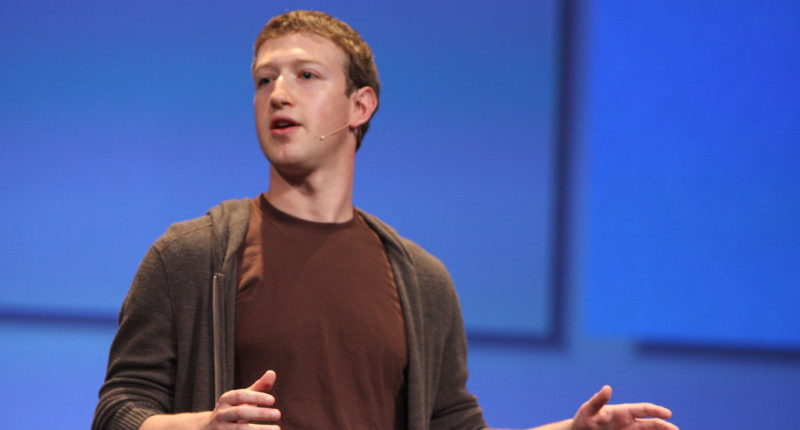As humanity continues to battle with the deadly Coronavirus, Facebook today announced a string of measures it has adopted on its end in response to the spread of the COVID-19 virus.
Mark Zuckerberg, in a statement issued on Facebook, provided an update on the steps his organizations, Facebook and ChanZuckerberg Initiative, were undertaking to counter the spread of the virus. The measures basically involve a three-pronged strategy- to provide accurate information on how to mitigate the spread, stopping the hoaxes and boom of misinformation regarding the virus, and to provide data to researchers for extensive studies.
“We’re focused on making sure everyone can access credible and accurate information. This is critical in any emergency, but it’s especially important when there are precautions you can take to reduce the risk of infection. If you search for coronavirus on Facebook, you’ll see a pop-up that directs you to the World Health Organization or your local health authority for the latest information. If you’re in a country where the WHO has reported person-to-person transmission, you’ll also see it in your News Feed.” Zuckerberg said.
Zuckerberg also informed it was providing as many free ads as required to WHO, to get through verified information to the masses. He also announced that the company is considering handing out free ad credits to other organizations fighting the pandemic, while also searching for additional ways to support the efforts.
As alarms have been raised over the exponential growth of the number of cases, there has also been increased concern over the waves of fake news and disinformation surrounding government efforts and recommended precautions.
In late February, the U.S. Department of State said it had evidence that Russia was creating fake social media accounts to sow fear and confusion around the virus. The WHO has labeled the overwhelming amount of information an “infodemic”. Misinformation actually sparked riots in a Ukrainian village over fears about evacuees being returned from China.
Facebook has been infamous for exploitation of the platform for spreading misinformation in the past. The organization has often insisted it is taking measures to counter the problem but the steps taken on the ground, like allowing political ads on the platform, clearly speak otherwise. But the company is trying to put on a different look for the coronavirus. Zuckerberg wrote that in addition to the ads, the company will also use the platform to steer people to vetted information.
“We’re also focused on stopping hoaxes and harmful misinformation. It’s important that everyone has a place to share their experiences and talk about the outbreak, but as our community standards make clear, it’s not okay to share something that puts people in danger,” he wrote. “So we’re removing false claims and conspiracy theories that have been flagged by leading global health organizations. We’re also blocking people from running ads that try to exploit the situation — for example, claiming that their product can cure the disease”, he said.
Zuckerberg said his organization was also providing data to researchers to study the spread of the virus.
“As well as accessing information, we’re also looking at how people can use our services to help contribute to the broader efforts to contain the outbreak. Researchers are already using aggregated and anonymized Facebook data — including mobility data and population density maps — to better understand how the virus is spreading.”
“Scientific tools developed by the Chan Zuckerberg Initiative can help with this too. Through a partnership between our philanthropy and the Gates Foundation, researchers in Cambodia were able to sequence the full genome of the virus that causes COVID-19 in days, making it much easier and faster for them to identify if people had the virus.”
Zuckerberg also announced his organization was working on multiple ideas to help in these testing times and will share the updates as things unfold.
“There’s more we can do to help people feel less isolated and help one another and we’re working on some ideas we’ll share in the next few weeks, but for now the focus is on slowing the spread of the outbreak itself. This is a difficult time for a lot of people and I’m thinking of everyone affected by this — the people who are sick or quarantined, their friends and family and of course the healthcare workers who are always on the frontlines of any outbreak. We’ll share more updates soon.”





